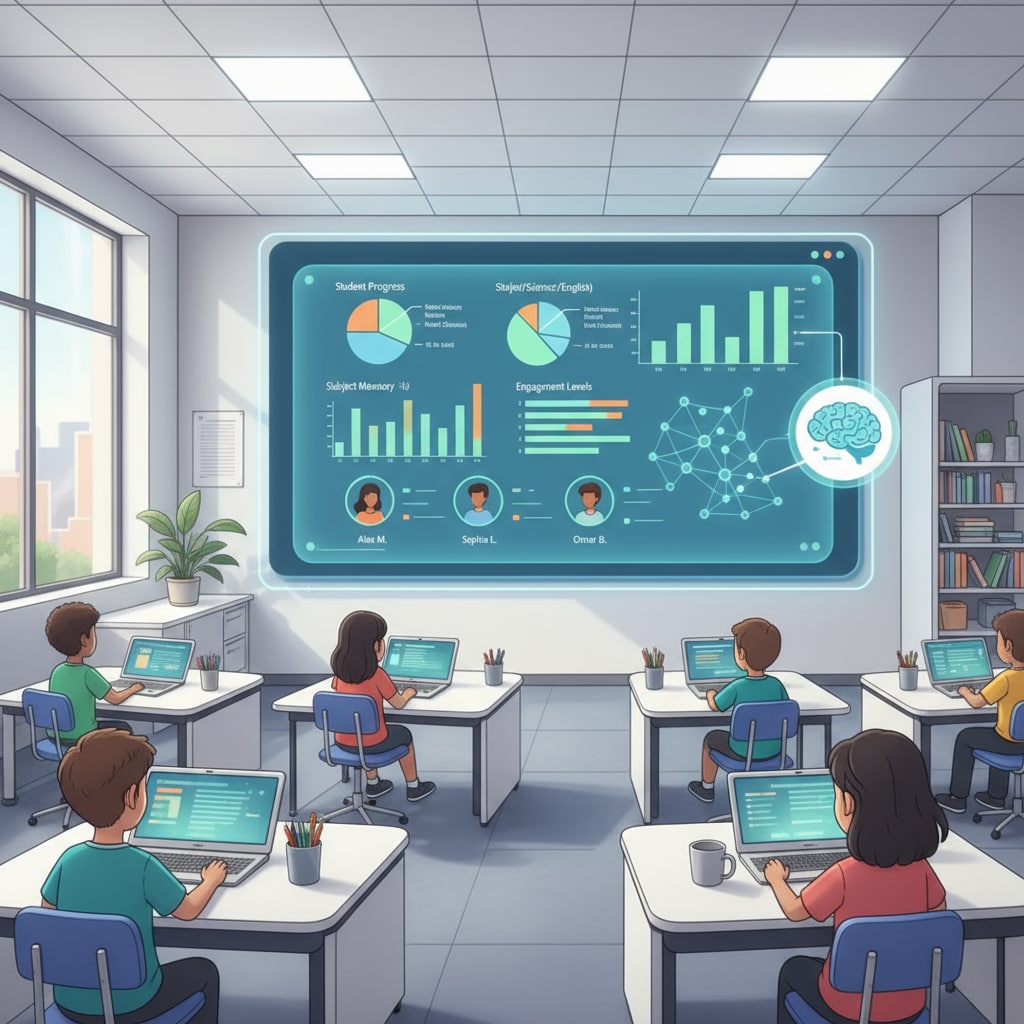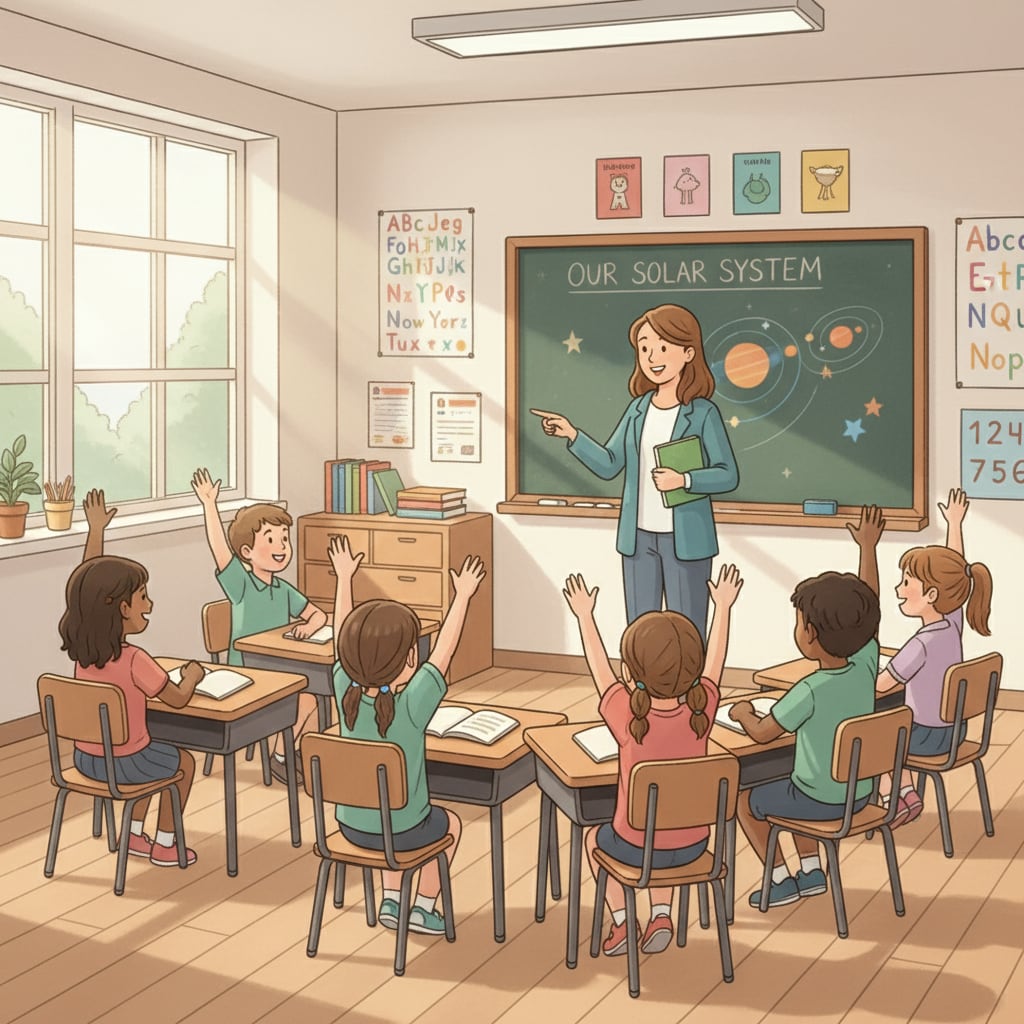AI treatment, human treatment, and research questionnaires are at the heart of an important exploration in the field of K12 education. As artificial intelligence rapidly infiltrates the educational landscape, the role of AI as an educational “therapist” is becoming increasingly prominent. The question of whether AI or human educators are better in K12 education has sparked a great deal of interest.
The Rise of AI in K12 Education
AI has made significant inroads into K12 education in recent years. With its ability to process vast amounts of data quickly, AI can analyze students’ learning patterns, strengths, and weaknesses. For example, it can identify areas where a student is struggling in math or language arts. According to Artificial intelligence in education on Wikipedia, AI – based educational tools can adapt to individual students’ needs, providing customized learning materials and feedback. This personalized approach is one of the key attractions of AI in education.

Advantages of Human Educators in K12
Human educators bring unique qualities to the K12 classroom. They possess empathy, which is crucial for providing emotional support to students. When a student is facing difficulties not only in academics but also in their personal life, a human teacher can offer understanding and guidance. Moreover, human interaction in the classroom allows for spontaneous discussions and the development of social skills. As stated on Education on Britannica, teachers can inspire students through their own passion for the subject matter, creating a more engaging learning environment.

Comparing Problem – Solving Abilities
In terms of solving learning difficulties, AI can quickly identify common mistakes and provide step – by – step solutions. However, human educators can dig deeper into the root causes of a student’s problems. They can consider factors such as a student’s home environment or past educational experiences that might be contributing to their struggles. For example, a human teacher might notice that a student is distracted in class due to family issues and address it accordingly.
Psychological Support: AI vs Human
When it comes to psychological support, the difference between AI and human is even more pronounced. AI lacks true emotions and the ability to form deep emotional connections. While it can offer some form of general advice, it cannot replace the warmth and understanding that a human educator can provide. A human teacher can give a hug, listen attentively, and offer words of encouragement that can have a profound impact on a student’s mental well – being.
The Future of K12 Education: A Blend?
Instead of seeing AI and human educators as competitors, the future of K12 education might lie in a combination of the two. AI can handle the data – driven aspects of education, such as grading and providing basic learning resources. At the same time, human educators can focus on the more complex aspects, like nurturing creativity and emotional intelligence. This synergy could lead to a more effective and well – rounded educational experience for students.
Readability guidance: Throughout this article, we have used short paragraphs and lists to summarize key points. For example, in each section, we have clearly outlined the advantages and differences of AI and human treatment in K12 education. We have also controlled the use of passive语态 and long sentences, and added transitional words like “however”, “moreover”, and “for example” to enhance the flow of the article.


